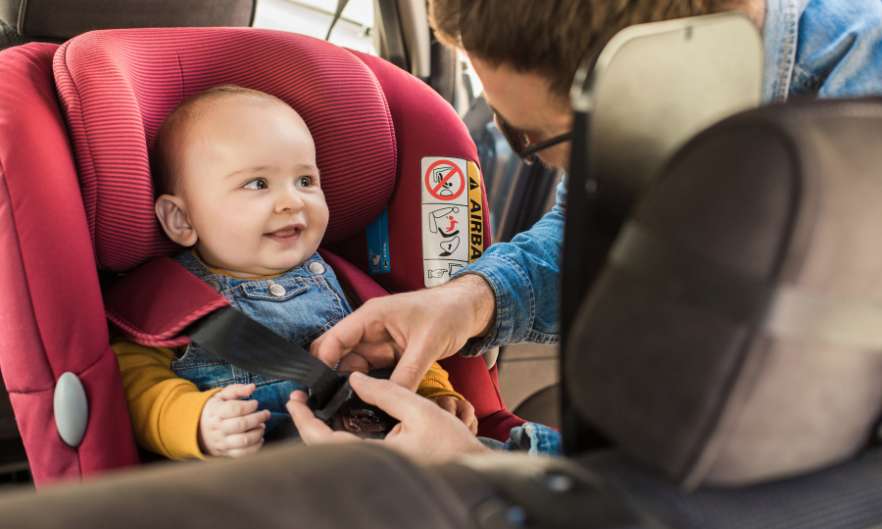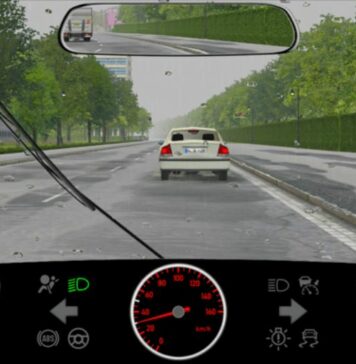Driving in Germany as a tourist can be a convenient and pleasant experience, allowing you to explore the country and its scenic routes at your own pace.
However, it is important to understand the rules of the road and follow local driving laws to ensure a safe and stress-free trip. Before hitting the road, it is advisable to obtain an International Driving Permit (IDP) if your foreign driver’s license is not recognized in Germany and familiarize yourself with the age requirement for renting a car.
Driving in Germany as a Tourist
Driving in Germany requires you to be aware of its strict road rules and regulations, including speed limits, right-of-way rules, seatbelt laws, and the alcohol limit.
To avoid any missteps, familiarize yourself with these regulations and make sure to follow them at all times. Remember to drive with caution, follow the road rules, and be mindful of other drivers to ensure a safe and delightful driving experience in Germany.
Driver’s License Requirements
Driver’s License Requirements are a critical aspect of driving in Germany as a tourist. Ensuring you have a valid driver’s license and necessary documentation is crucial to having a safe and hassle-free driving experience.
An IDP is an official translation of your foreign driver’s license and is recognized in many countries, including Germany.
If your driver’s license is outside of German, it is advisable to obtain an IDP before driving in Germany. This document makes it easier for local authorities to understand your license and ensures that you comply with local laws.
Acceptance of Foreign Driver’s Licenses
Many foreign driver’s licenses are accepted in Germany. Still, it is best to check with your rental car company or the local authorities to confirm if your license will be accepted.
Some countries have agreements with Germany that allow for the reciprocal recognition of driver’s licenses, while others may require an IDP.
Age Requirement for Renting a Car
To rent a car in Germany, you must be at least 21 years old. However, some rental car companies may have a higher age requirement, and some may charge an additional fee for drivers under 25 years old.

Road Rules and Regulations
Understanding Germany’s road rules and regulations are crucial for tourists who plan to drive there. Not only do these regulations help ensure a safe and smooth driving experience, but they also help prevent costly fines or legal issues.
In case you’re on the road in Germany during winter, take a look at our list of the top 5 tips for driving safely in winter conditions.
Speed Limits
Speed limits in Germany vary depending on the type of road and weather conditions. On highways, the general speed limit is 130 km/h (80 mph), while on rural roads, it is generally 100 km/h (60 mph). In urban areas, the speed limit is usually 50 km/h (30 mph).
It is important to note that these limits are only suggestions, and the actual speed you can drive depends on the road and weather conditions.
Right-Of-Way Rules
In Germany, cars on the main road have the right-of-way. At intersections, cars turning right must yield to vehicles from the left, while cars turning left must yield to cars from the right.
Additionally, cars approaching roundabouts must yield to vehicles already in the roundabout.
Seatbelt Laws
Wearing seatbelts is mandatory in Germany for both the driver and all passengers. Children under the age of 12 must use a child restraint system.
Alcohol Limit
The legal blood alcohol limit in Germany is 0.05%. Driving under the influence of alcohol is strictly prohibited, and those found to be over the limit face serious consequences, including fines, license suspension, and jail time.
Other Notable Laws and Regulations
Some other important laws and regulations to keep in mind while driving in Germany include a ban on using cell phones while driving, a ban on smoking in vehicles with children under the age of 14, and a requirement to carry a warning triangle and first-aid kit in your car.
Following the road rules and regulations in Germany is important for your safety and helps prevent costly fines or legal issues. Make sure to familiarize yourself with these regulations before hitting the road.
Conclusion
In conclusion, driving in Germany as a tourist can be a convenient and enjoyable way to explore the country. It is vital to have a valid driver’s license, familiarize yourself with the road rules and regulations, and understand the requirements for renting a car.
Following the speed limits and right-of-way rules, wearing seat belts, and avoiding driving under the influence of alcohol are just a few critical steps to take when driving in Germany. By keeping these guidelines in mind, you can have a memorable and safe driving experience in Germany as a tourist.






